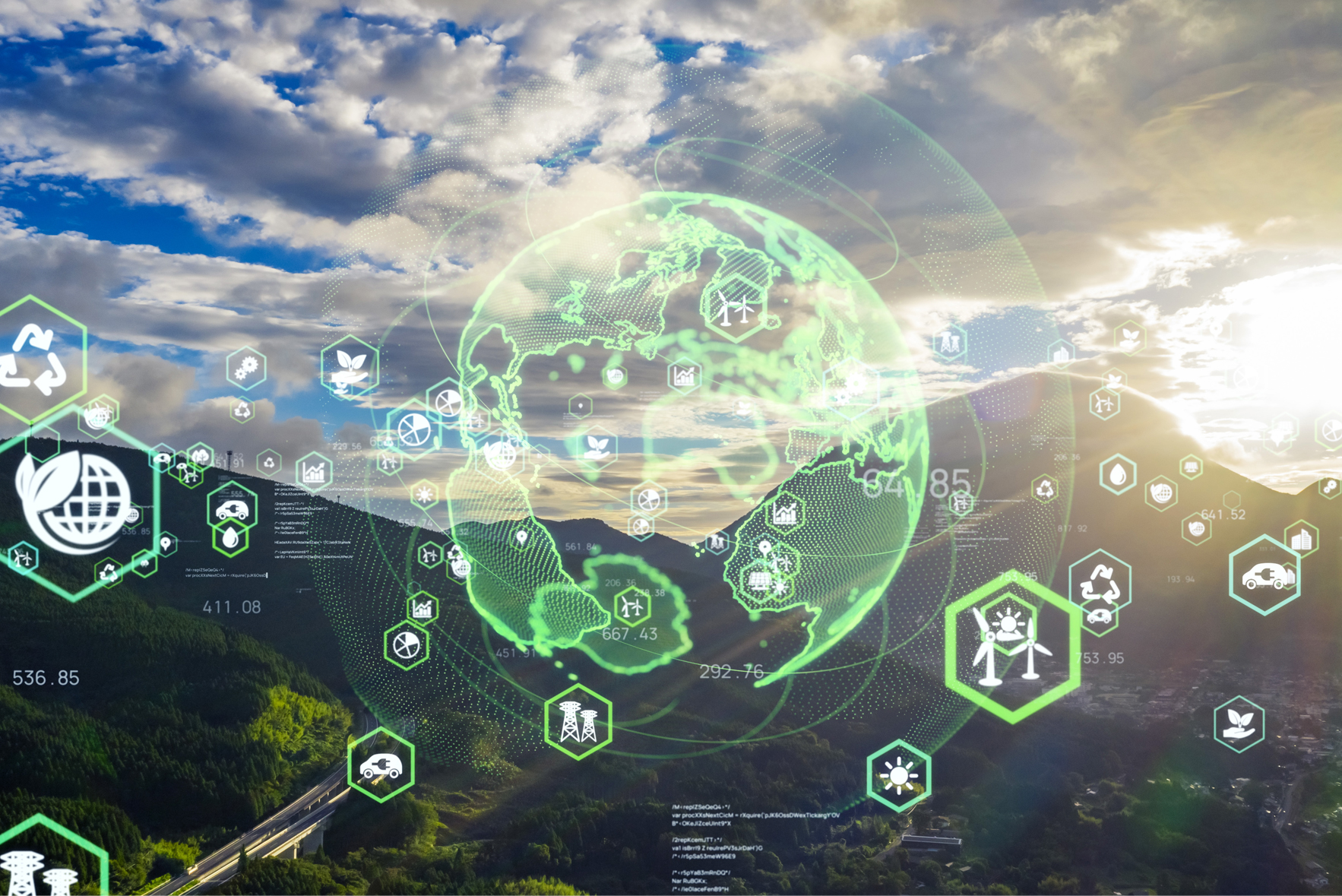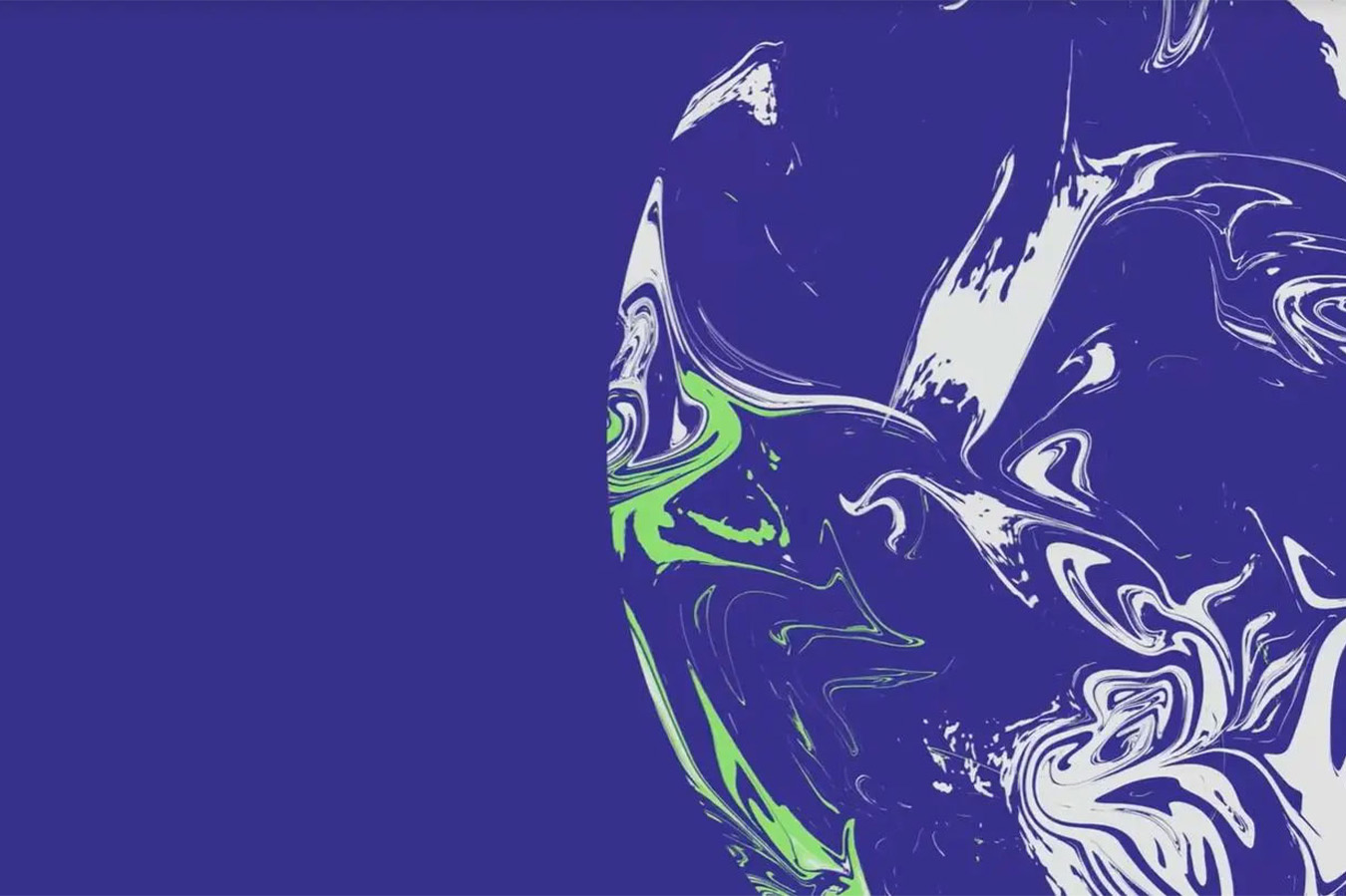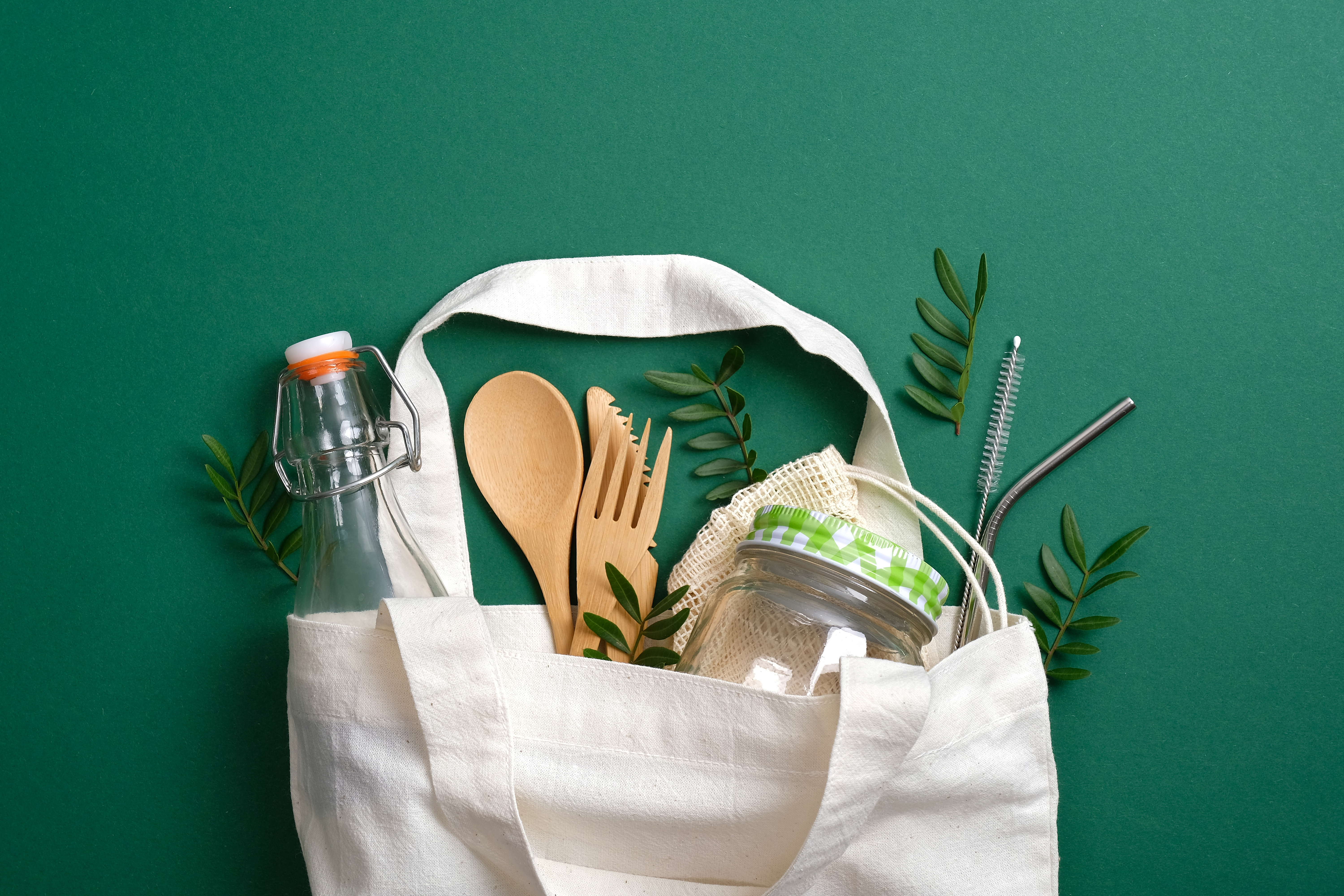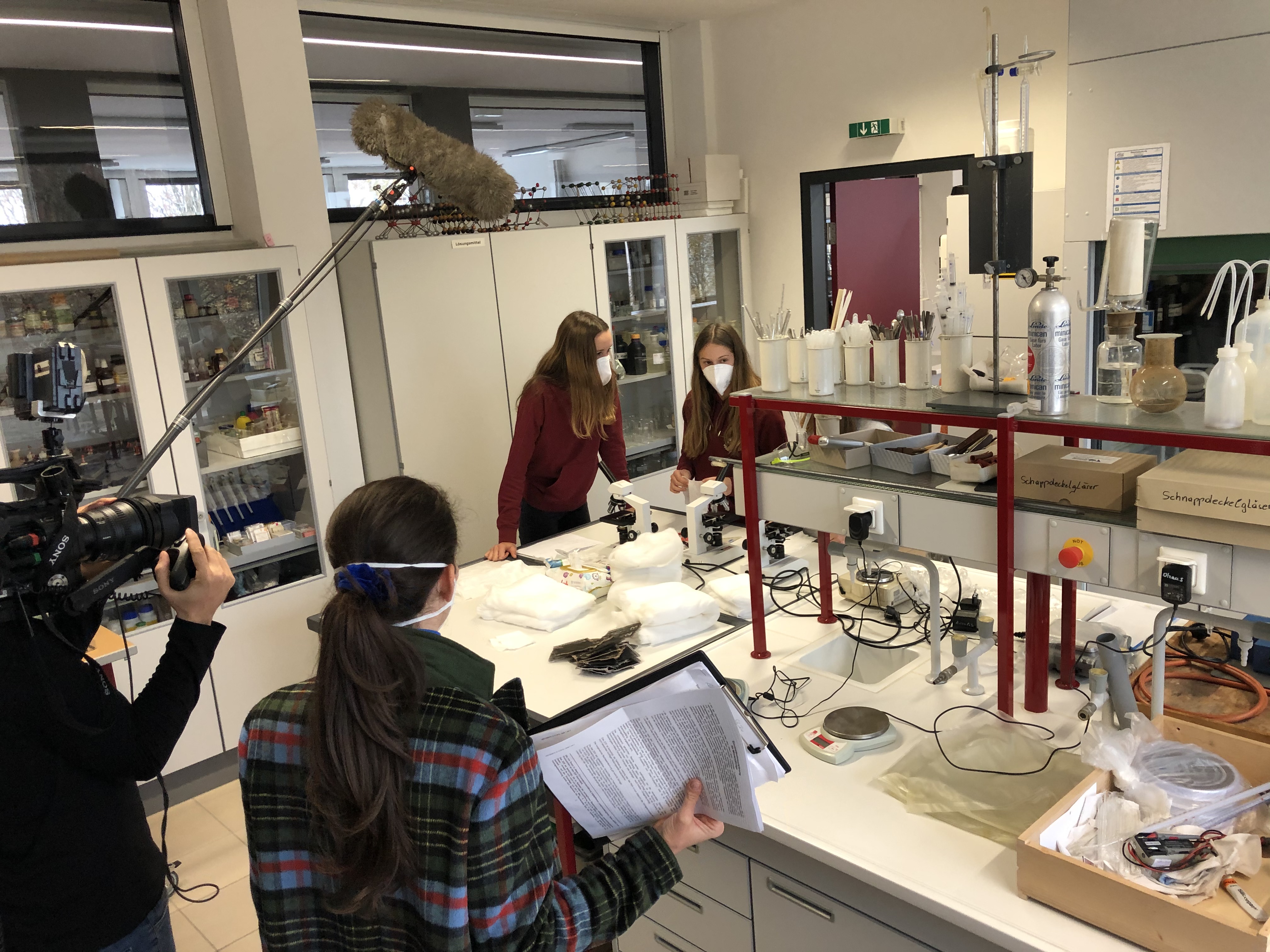Science Pool is a non-profit company based in Austria specializing in pre-science education and working with local children and young people to educate them about climate protection and sustainability. Our work with Science Pool is one of the many collaborations we do with education programs internationally in hopes to sustain our brand’s mission to care for our future generation by building a greener tomorrow.
For the first part of our series, we sat down with Gerlinde Heil, CEO of Science Pool, to talk about the Science Pool program and its collaboration with #ItsInOurHands initiative.




